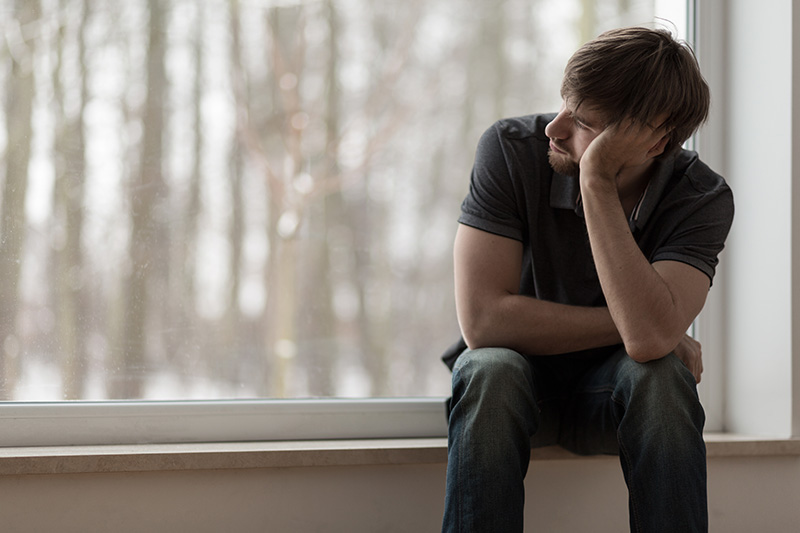Are you addicted to an addict – it’s a question you may need to ask yourself if you are a family member of or are in a relationship with someone dealing with substance abuse or another harmful behavior. In fact, codependency is pretty common in this scenario and can lead to a collapse of healthy boundaries that separate your needs and the needs of a loved one with an addiction.
This is also called “relationship addiction,” according to Mental Health America, and often involves a relationship that is one-sided, emotionally destructive and/or abusive.
Some red flags that signal codependent behavior:
• You do all the giving (with little to nothing in return) – even at the expense of your own self-care
• You’re constantly making excuses for his or her bad behavior
• You keep quiet to avoid arguments
• You define your self-worth by how others think of you
• You have trouble saying “no”
• You are terrified by the thought of dissolving or walking away from your relationship
Sound familiar? Realizing that you are in fact in a codependent relationship is the first step toward treating codependency – and then you can begin to reclaim yourself and have healthy and fulfilling partnerships. Start with these tips:
Demand respect. If you’re in a truly healthy relationship, your partner will value you, not put you down or treat you with disrespect. And this works both ways.
Set boundaries. This can include what you will and will not do to help the addict and what you will or won’t tolerate, such as dishonesty or disrespect.
Take note of harsh self-judgments. And then remind yourself that you deserve kindness and compassion – from yourself as well as from others.
Remember that it’s OK to accept help. If you identify with the symptoms above or are dissatisfied with yourself or your relationships, you should consider professional help.
A Focus on Family Relationships
At Providence Treatment, we conduct a customized intensive psycho educational and experiential seminar to assist the family and the alcoholic/addict toward a healthier place in their relationship going forward. To learn more, call (866) 247-3307.









